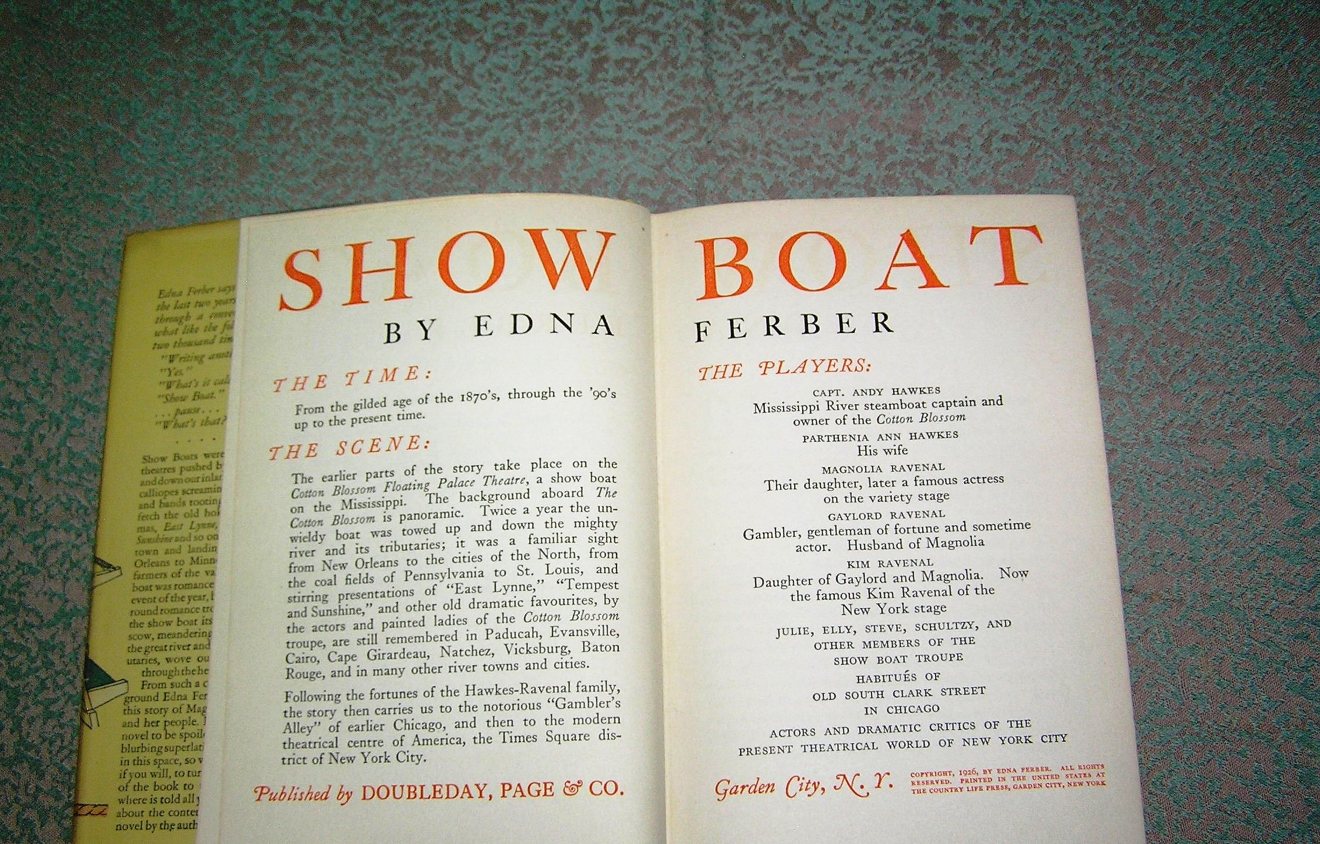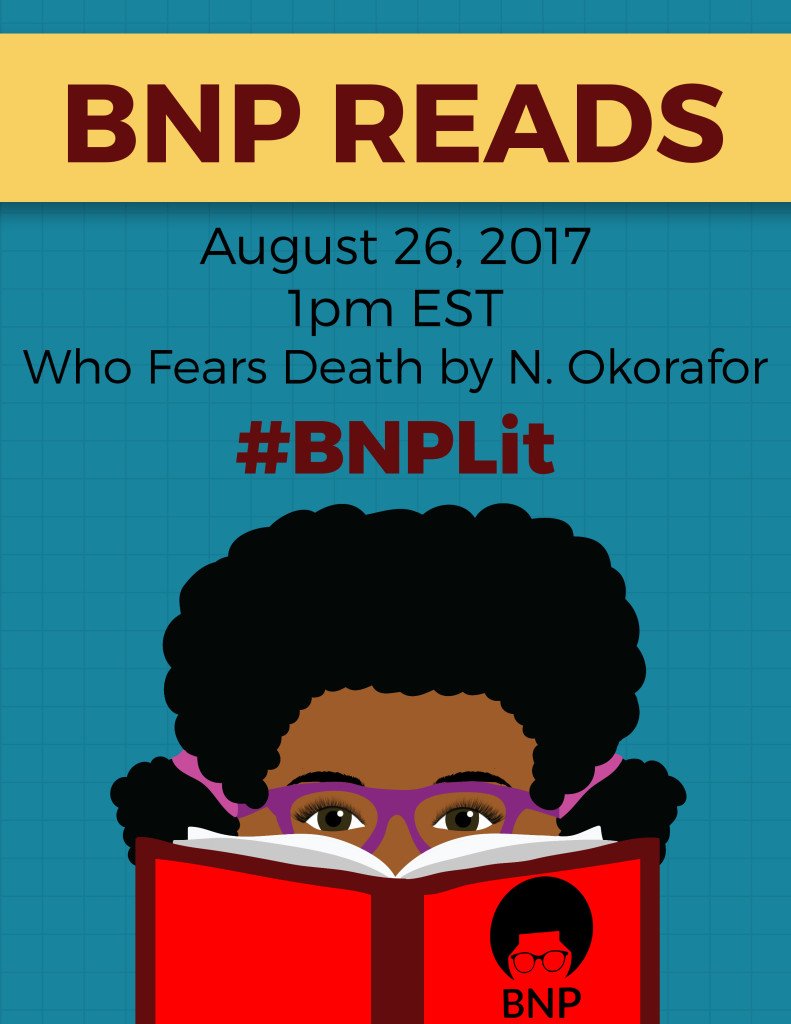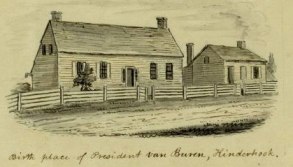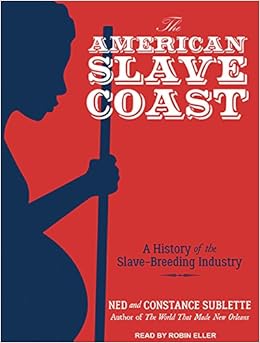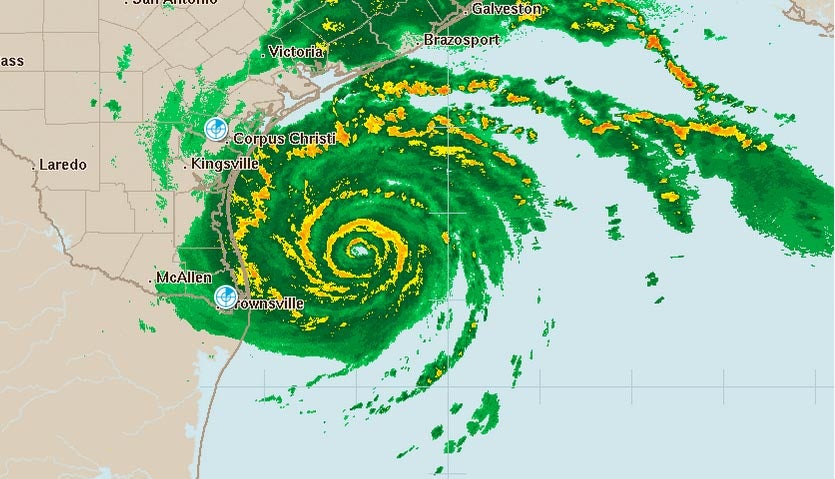 |
| Radar image of Hurricane Harvey at 9:05 am CDT Friday, August 25, 2017; See Dr. Jeff Masters of The Weather Underground, here, for descriptions of what is likely to happen. |
This is the biggest week of the year for hurricanes. The season kicks into high gear about the second or third week of August and stays at that level at least through early October. Recall, the official hurricane season for North America runs from June into November. There's a reason why the 25th anniversary of Hurricane Andrew is this week -- which all the media seemed to comment on.
Today Harvey is barreling into the North American Gulf coast. Meteorologists are saying they've never heard of or seen such an amount of rain in their entire experience, as it appears Texas and the related Gulf regions are going to be drowned by. (Presumably they are not including natural, annual, cyclical events such as the monsoons of southeast Asia?)
Texas won't recover for years, They Are saying. This is basically, Katrina, all over again, but over there, mostly, perhaps, as opposed to Louisiana's Gulf, which has been, btw, receiving unprecedented amounts of rain within unprecedented short periods of time already for much of the summer.
The one thing we know for certain, whatever money due to Harvey that can be gotten out of the feds that can be got for anything, somebody in Texas aleady rich is going to get it. As anyone who lives in or knows New Orleans well, and as David Simon's Treme showed with those guys coming to grab it in New Orleans, the Texan developers, etc. already got the experience, the connections and the greed.
One wonders too if the media will come with the same stories of African American chaos, crime and looting that they did for New Orleans? After all, the media MUST HAVE LOOTERS. Dang, if those black people ain't looting they got to be made up looting! We must have looters! They make the best tv!
At the same time of course, I personally am deeply distressed by what's about to happen, on behalf of very many friends, people I do not know, and the environment. The cone of the 'cane hitting the Texas coast includes just about all of its refineries, pipe lines, not to mention all those rigs out there off shore.
This is an environmental and economic disaster slamming right into the US and we know what's running the show these days. The Evil Orange Demon may not get any legislation passed, but he's running the government and EPA is gutted, and what running of it is being done is about further dismantlement by people who don't want any regulation and any justice, just as with the State Department, the DOJ, the FBI, HUD, etc.
If any time soon we get to go to work to clean up these disasters, just in the Gulf it will take years, if not decades, while in the meantime environment and environment and climate continue to deteriorate and become ever more dangerous for ever more people, globally and locally.
Hurricanes are politics too.
